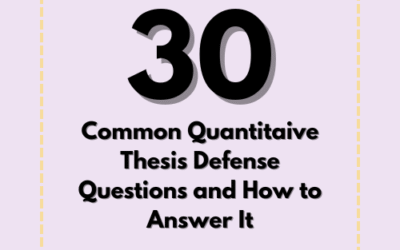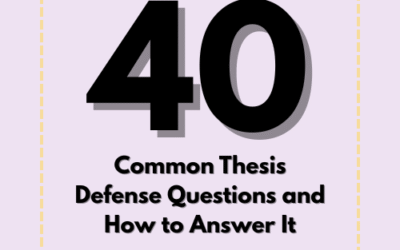Research projects can be both exciting and overwhelming. Whether you’re a student, academic, or professional, managing your time effectively is crucial to staying on track, meeting deadlines, and producing high-quality work.
In this blog post, we’ll explore practical time management strategies specifically tailored for research projects—so you can stay focused, reduce stress, and make the most of every hour.
- Why Time Management Matters in Research
- 1. Break Down Your Research Project into Smaller Tasks
- 2. Set SMART Goals
- 3. Use a Calendar or Planner
- 4. Prioritize with the Eisenhower Matrix
- 5. Avoid Multitasking
- 6. Batch Similar Tasks
- 7. Build in Buffer Time
- 8. Track Your Time
- 9. Stay Accountable
- 10. Know When to Say No
- Final Thoughts
Why Time Management Matters in Research
Research involves multiple moving parts: literature reviews, data collection, analysis, writing, revisions, and more. Without proper time management:
- Deadlines creep up unexpectedly
- Tasks pile up, leading to burnout
- Important details get overlooked
- Productivity drops due to lack of focus
You not only improve efficiency but also create space for deeper thinking and creativity.
1. Break Down Your Research Project into Smaller Tasks
Large research projects can feel daunting. The key is to break them down into manageable chunks.
Example Breakdown:
- Week 1–2: Define research question & objectives
- Week 3–4: Conduct literature review
- Week 5–6: Design methodology & collect data
- Week 7–8: Analyze data
- Week 9–10: Draft and revise report
This approach makes the project less intimidating and easier to schedule.
2. Set SMART Goals
Use the SMART framework to set meaningful goals:
- S pecific
- M easurable
- A chievable
- R elevant
- T ime-bound
For example:
“Complete a 1,000-word literature review summary by Friday”
instead of
“Work on literature review.”
3. Use a Calendar or Planner
Whether digital or paper-based, a planner helps you visualize your timeline and commitments.
Tools to Try:
- Google Calendar – Schedule tasks with reminders
- Notion Calendars – Integrate with notes and databases
- Trello + Calendar Power-Up – Kanban-style planning
- Bullet Journal – Customizable analog option
Block out dedicated time slots for each research task, just like you would for meetings.
4. Prioritize with the Eisenhower Matrix
Not all tasks are created equal. Use the Eisenhower Matrix to decide what to do first:
| Do Now(e.g., submit draft today) | Schedule Later(e.g., background reading) |
| Delegate(if possible) | Eliminate(e.g., distractions) |
Focus on what truly moves your project forward.
5. Avoid Multitasking
Contrary to popular belief, multitasking reduces productivity. Instead, practice single-tasking :
- Give one task your full attention for a set amount of time
- Turn off notifications while working
- Use the Pomodoro Technique : 25 minutes of focused work + 5-minute break
This method improves concentration and reduces mental fatigue.
6. Batch Similar Tasks
Group similar activities together to minimize switching costs.
Examples:
- Read several articles in one sitting
- Schedule interviews back-to-back
- Write multiple sections of your paper at once
Batching builds momentum and saves time.
7. Build in Buffer Time
Unexpected delays happen. Always include buffer time between major milestones:
- Technical issues
- Data collection setbacks
- Reviewer feedback cycles
Having extra time prevents last-minute panic and allows for quality revisions.
8. Track Your Time
You might think you’re spending hours on research—but where is your time really going?
Try time-tracking tools like:
- Toggl
- RescueTime
- Clockify
After a few days, review your usage and adjust your habits accordingly.
9. Stay Accountable
Accountability increases commitment. Ways to stay on track:
- Share progress with a mentor or colleague
- Join a study/research group
- Use apps like Beeminder or StickK that enforce goals with incentives
Even a simple check-in with yourself at the end of each day can help.
10. Know When to Say No
Research often comes with side requests—additional readings, unplanned meetings, or new ideas that derail your focus.
Learn to say no or “not right now” to protect your core research time.

Final Thoughts
Efficient research isn’t about working non-stop—it’s about working smart. With thoughtful planning, prioritization, and consistent habits, you can complete your research projects on time without sacrificing quality or sanity.
Remember: Good time management is a skill that develops over time. Experiment with these tips, find what works for you, and refine your system as you go.
Let The Writeler Co. support you in achieving academic and professional excellence! Whether you need assistance with research writing, proofreading, editing, or data analysis, our expert team is here to help.
📩 Email us today or 📲 message us on our Facebook account to get started. Let’s make your work shine!





0 Comments